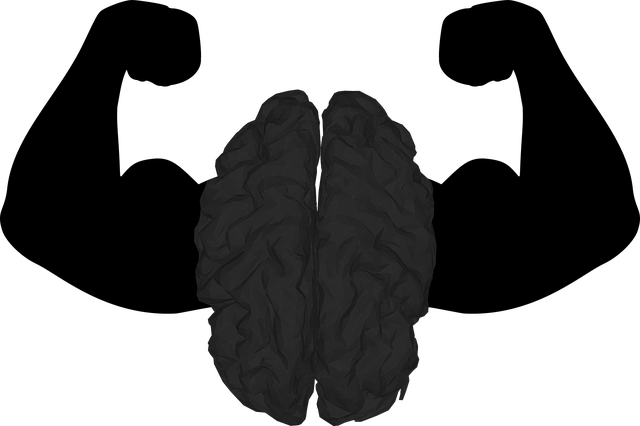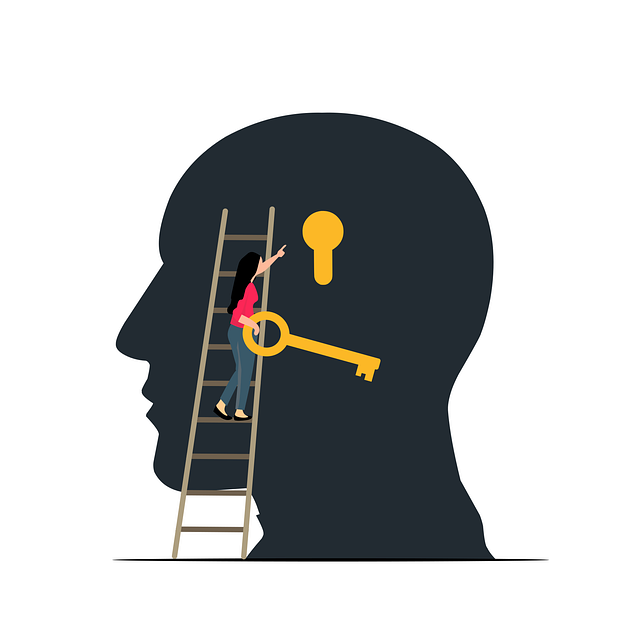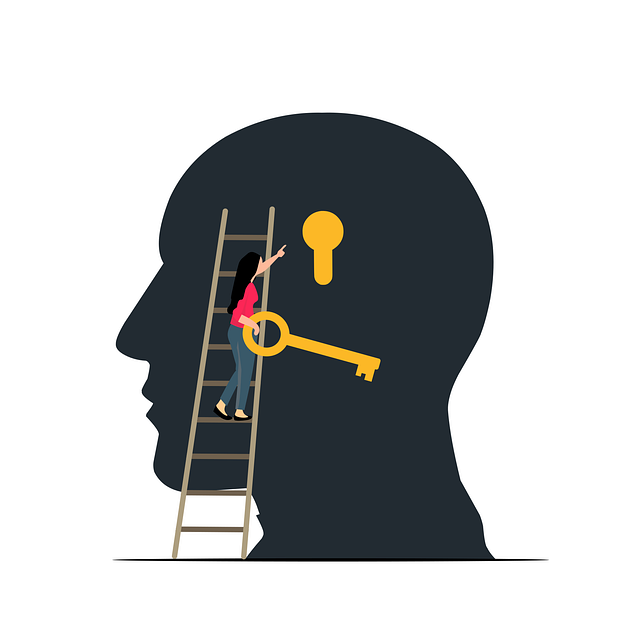Stress management is crucial for overall health, especially for those dealing with chronic stress or conditions like Boulder Dissociative Disorder. This text explores various effective strategies: self-awareness exercises and relaxation techniques taught by mental health professionals, specialized therapy addressing underlying trauma, Cognitive Behavioral Techniques (CBT), mindfulness meditation, and lifestyle changes. Integrating these approaches can significantly reduce stress impacts, enhance emotional well-being, and improve the lives of individuals with dissociative disorders in Boulder.
Stress reduction is vital for maintaining mental health and overall well-being. In this comprehensive guide, we explore effective methods to combat stress. We begin by understanding its profound impact on the mind and body. One innovative approach, widely recognized in the psychological community, is Boulder Dissociative Disorder Therapy. This therapy offers a unique perspective. Additionally, we delve into evidence-based techniques like cognitive behavioral therapy, mindfulness practices, and lifestyle adjustments to foster a calmer mindset.
- Understanding Stress and its Impact
- The Role of Boulder Dissociative Disorder Therapy
- Cognitive Behavioral Techniques for Stress Management
- Mindfulness and Meditation Practices
- Lifestyle Changes for a Calmer Mind
Understanding Stress and its Impact

Stress is a natural response to challenging or threatening situations, but when it becomes persistent and overwhelming, it can significantly impact our mental and physical well-being. It’s essential to recognize that stress isn’t always negative; acute stress can enhance performance and focus, often referred to as the ‘fight or flight’ response. However, chronic stress, which persists over extended periods, is a growing concern in today’s fast-paced world. This continuous state of tension can lead to various health issues, including increased blood pressure, weakened immune systems, and even mental health disorders like Boulder Dissociative Disorder.
Understanding the triggers and symptoms of stress is the first step towards effective management. Self-awareness exercises play a crucial role in this process, helping individuals identify their unique stressors and patterns of reaction. By practicing mindfulness and keeping a journal to track thoughts and emotions, one can begin to unravel the complex web of stress. Additionally, risk management planning for mental health professionals includes teaching clients practical stress reduction methods, such as deep breathing techniques and progressive muscle relaxation, which have been proven to mitigate the adverse effects of chronic stress.
The Role of Boulder Dissociative Disorder Therapy

Boulder Dissociative Disorder Therapy offers a unique approach to stress reduction by addressing deep-rooted mental health issues that can contribute to chronic stress and anxiety. This form of therapy is tailored to help individuals navigate and overcome dissociative symptoms, which are often a coping mechanism for dealing with traumatic experiences. By delving into these hidden aspects, the process facilitates a profound sense of self-discovery and healing.
The therapy encourages clients to develop mindfulness meditation practices as a tool for managing stress. Mental health awareness is at the core of this approach, helping individuals recognize triggers and patterns that contribute to their dissociative states. Through resilience-building techniques, clients learn to face and process difficult emotions, ultimately leading to better coping strategies and an improved ability to manage stress in their daily lives.
Cognitive Behavioral Techniques for Stress Management

Cognitive Behavioral Techniques (CBT) offer powerful tools for managing stress and promoting emotional well-being. This therapeutic approach helps individuals identify and challenge negative thought patterns and beliefs that contribute to stress. By replacing them with more positive and realistic ones, CBT enables people to better cope with challenging situations. It’s a highly effective method, especially beneficial for those dealing with conditions like dissociative disorder, where managing stress is crucial for overall mental health.
CBT encourages active participation in learning new strategies for stress reduction. Through structured sessions, individuals acquire Emotional Well-being Promotion Techniques that enhance their ability to handle stressful events. By fostering Positive Thinking, these techniques empower people to maintain a balanced perspective, ensuring they don’t let stressors overwhelm them. Stress Management Workshops Organization can also play a significant role in disseminating CBT principles, providing a supportive environment for learning and skill development.
Mindfulness and Meditation Practices

Mindfulness and meditation practices have emerged as powerful tools for stress reduction, offering a calm and focused approach to managing daily pressures. These ancient techniques, now backed by scientific research, focus on training the mind to be fully present in the current moment, thereby fostering self-awareness exercises that can significantly enhance mental well-being. By cultivating mindfulness, individuals can develop a deeper understanding of their thoughts and emotions, which is particularly beneficial for those dealing with conditions like dissociative disorder therapy.
Incorporating regular meditation into one’s routine encourages a sense of detachment from stressful triggers, allowing individuals to respond rather than react to challenging situations. Many trauma support services incorporate mindfulness as a core component, recognizing its ability to help individuals process and manage traumatic memories and emotions. Furthermore, healthcare provider cultural competency training can emphasize these practices, equipping professionals with tools to guide patients towards improved mental health outcomes through the cultivation of mindfulness and meditation skills.
Lifestyle Changes for a Calmer Mind

Making lifestyle changes can significantly contribute to a calmer mind and stress reduction. This includes adopting healthy habits like regular exercise, balanced diet, and adequate sleep, which are essential for maintaining mental well-being. Engaging in activities that promote relaxation, such as Mindfulness Meditation or Yoga, can also help to mitigate stress levels and foster resilience. Additionally, creating a structured routine and setting realistic goals can prevent burnout and enhance overall productivity, allowing individuals to better navigate life’s challenges.
For those dealing with conditions like Boulder Dissociative Disorder, integrating these practices into daily life may require tailored support from trauma support services. Professional guidance, combined with lifestyle modifications, can be transformative in managing symptoms and promoting stability. By prioritizing self-care and incorporating effective stress reduction methods, individuals can foster a deeper sense of peace and enhance their ability to navigate life’s ups and downs with greater ease.
In exploring effective stress reduction methods, this article has highlighted various strategies from understanding stress’s impact to lifestyle changes. Techniques like Cognitive Behavioral Therapy, mindfulness practices, and lifestyle adjustments prove invaluable in managing stress. Among these, Boulder Dissociative Disorder Therapy stands out as a powerful tool for profound mental transformation. By integrating these approaches into daily life, individuals can achieve better resilience against stress, fostering a calmer and more balanced mindset.













